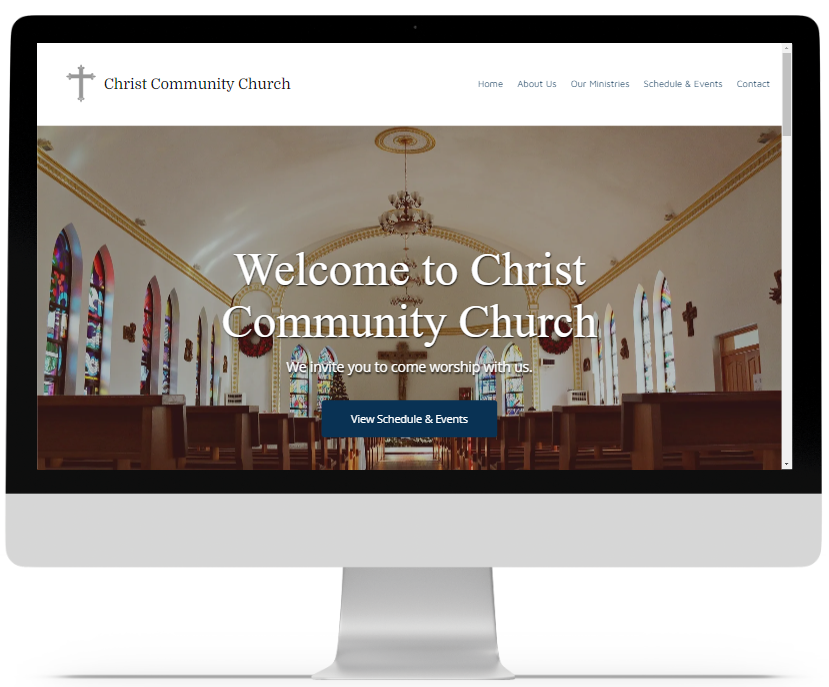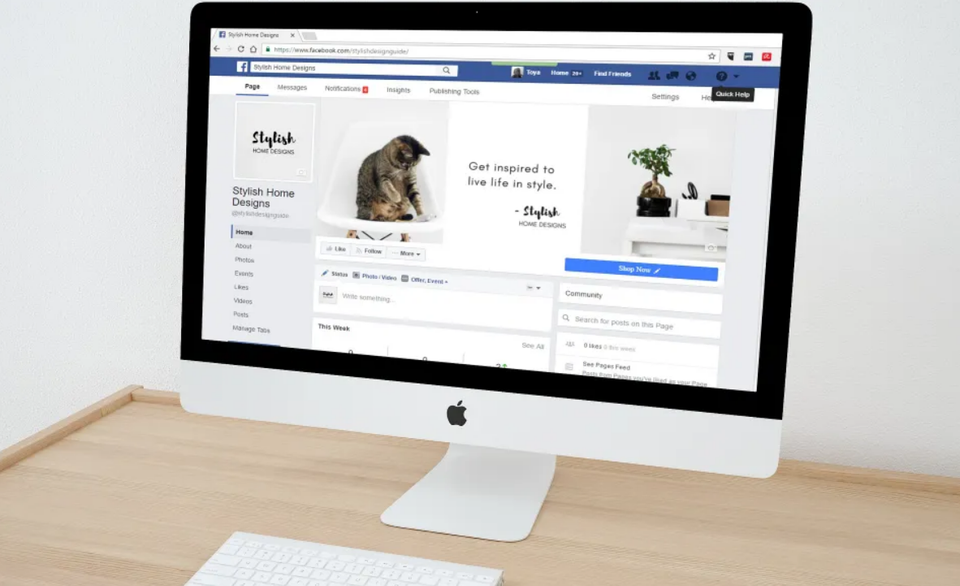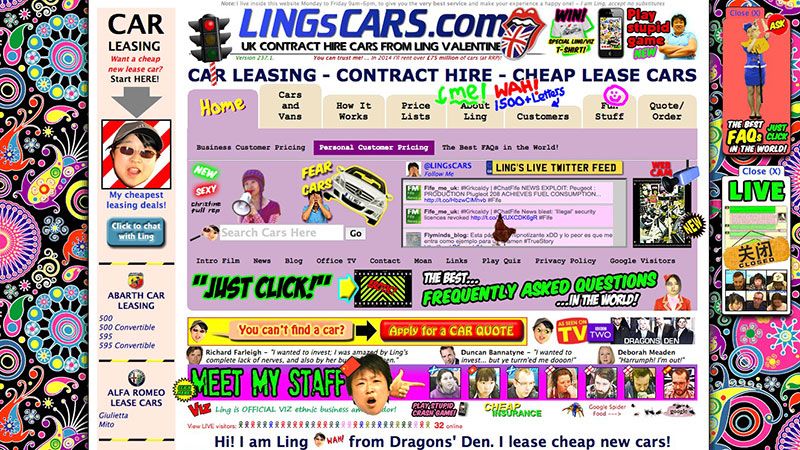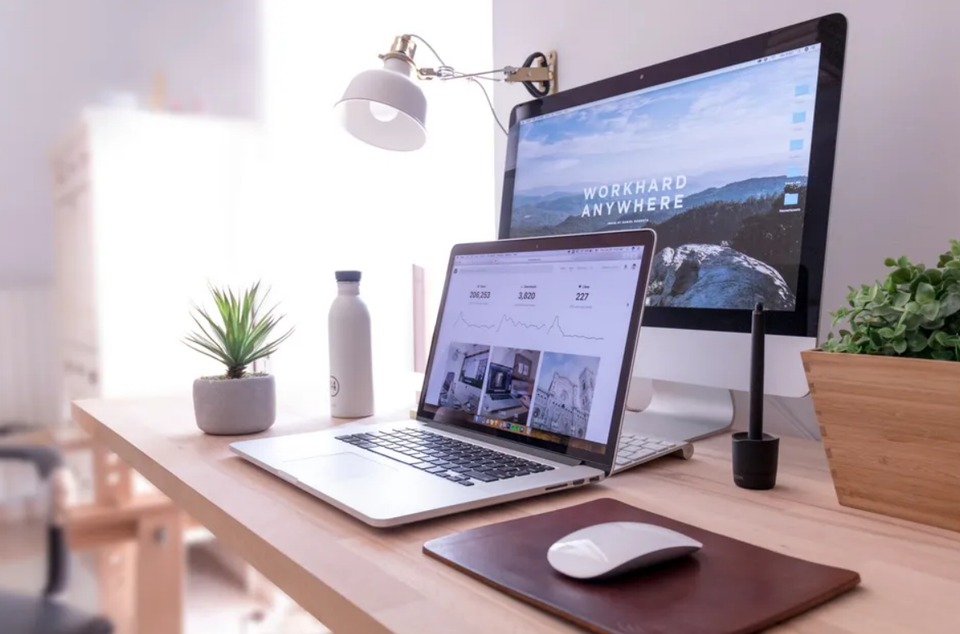
Why Social Media Can't Replace a Professional Business Website
In today's digital landscape, social media platforms have become powerful tools for businesses to connect with their audience, help with sharing content and assist in building a brand presence. From the quick scroll of an Instagram feed to lively discussions on Twitter or Facebook, social media undoubtedly has its merits. While these platforms offer a dynamic space for engagement, they can't replace the cornerstone of your online presence which is a professional business website.
Control and Customization
Social media platforms provide a predefined structure and design that can limit your ability to showcase your brand's uniqueness. A professional business website gives you complete control over the design, layout, and user experience. It's like having a digital canvas where you can craft a tailored experience that reflects your company's personality, brand identity, and values.
Owning Your Digital Space
Think of social media platforms as rented spaces in a bustling digital city. You're subject to the rules and algorithms of these platforms, which can change at any moment. A professional business website is a piece of digital real estate that you own. You decide the rules, the updates, and the content without worrying about algorithm shifts impacting your visibility.
Longevity and Stability
Trends come and go in the world of social media. What's popular today might be forgotten tomorrow. Your website is a stable and long-lasting foundation for your online presence. It stands the test of time serving as a reliable hub for your customers to find you regardless of shifting social media trends.
SEO Dominance
Search engine optimization (SEO) is crucial for driving organic traffic to your online space. While social media profiles can appear in search results, a professional business website has more potential to rank higher and gain visibility. Your website's structure, content, and meta tags can be optimized strategically to ensure you're found when potential customers search for relevant keywords.
Comprehensive Content Depth
Social media platforms are designed for quick interactions and concise content. When you have a complex message to convey or a wealth of information to share, a website offers the space to dive deep. From detailed product descriptions to informative blog posts, a website accommodates a breadth of content that social media can't match.
Conversion Power
While social media might be the starting point of engagement, a professional business website is where conversions happen. Whether it's making a purchase, signing up for a newsletter, or filling out a contact form, your website's dedicated pages are designed to guide users through the desired actions.
Though social media is a valuable tool for engaging your audience and expanding your reach, it cannot replace the essential role of a professional business website. Your website serves as the anchor of your online presence, offering control, customization, longevity, SEO dominance, comprehensive content depth, and the power to convert. By integrating both platforms strategically, you can create a holistic online strategy that leverages the strengths of each, ensuring your business thrives in the digital age.
Control and Customization
Social media platforms provide a predefined structure and design that can limit your ability to showcase your brand's uniqueness. A professional business website gives you complete control over the design, layout, and user experience. It's like having a digital canvas where you can craft a tailored experience that reflects your company's personality, brand identity, and values.
Owning Your Digital Space
Think of social media platforms as rented spaces in a bustling digital city. You're subject to the rules and algorithms of these platforms, which can change at any moment. A professional business website is a piece of digital real estate that you own. You decide the rules, the updates, and the content without worrying about algorithm shifts impacting your visibility.
Longevity and Stability
Trends come and go in the world of social media. What's popular today might be forgotten tomorrow. Your website is a stable and long-lasting foundation for your online presence. It stands the test of time serving as a reliable hub for your customers to find you regardless of shifting social media trends.
SEO Dominance
Search engine optimization (SEO) is crucial for driving organic traffic to your online space. While social media profiles can appear in search results, a professional business website has more potential to rank higher and gain visibility. Your website's structure, content, and meta tags can be optimized strategically to ensure you're found when potential customers search for relevant keywords.
Comprehensive Content Depth
Social media platforms are designed for quick interactions and concise content. When you have a complex message to convey or a wealth of information to share, a website offers the space to dive deep. From detailed product descriptions to informative blog posts, a website accommodates a breadth of content that social media can't match.
Conversion Power
While social media might be the starting point of engagement, a professional business website is where conversions happen. Whether it's making a purchase, signing up for a newsletter, or filling out a contact form, your website's dedicated pages are designed to guide users through the desired actions.
Though social media is a valuable tool for engaging your audience and expanding your reach, it cannot replace the essential role of a professional business website. Your website serves as the anchor of your online presence, offering control, customization, longevity, SEO dominance, comprehensive content depth, and the power to convert. By integrating both platforms strategically, you can create a holistic online strategy that leverages the strengths of each, ensuring your business thrives in the digital age.










